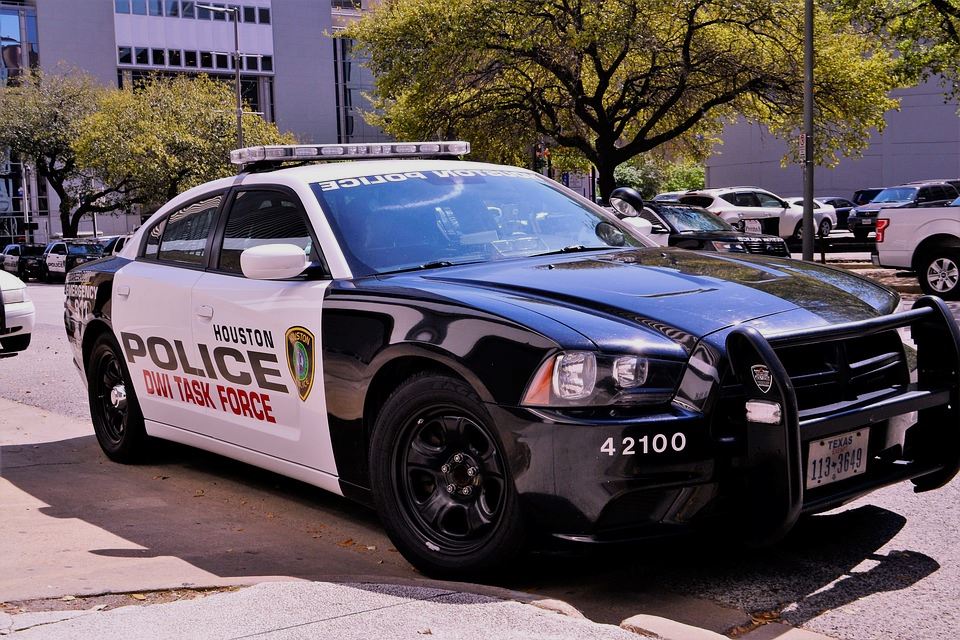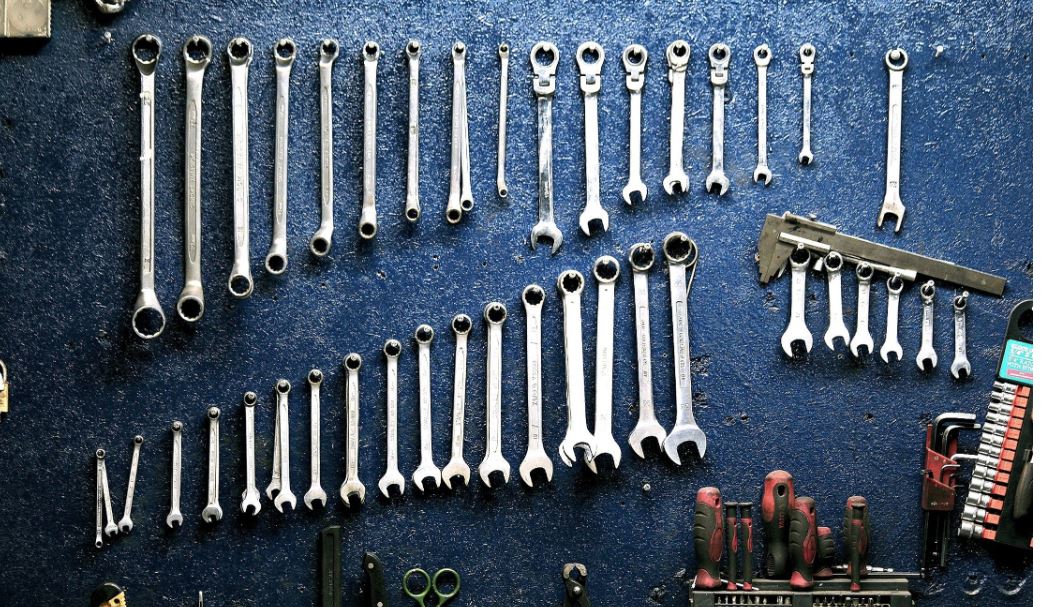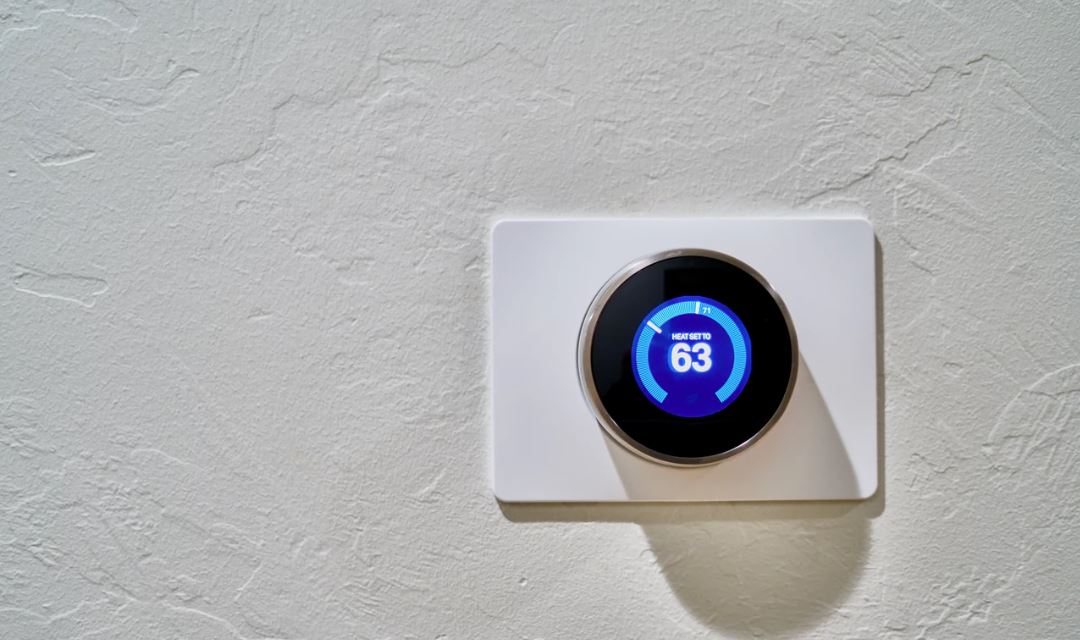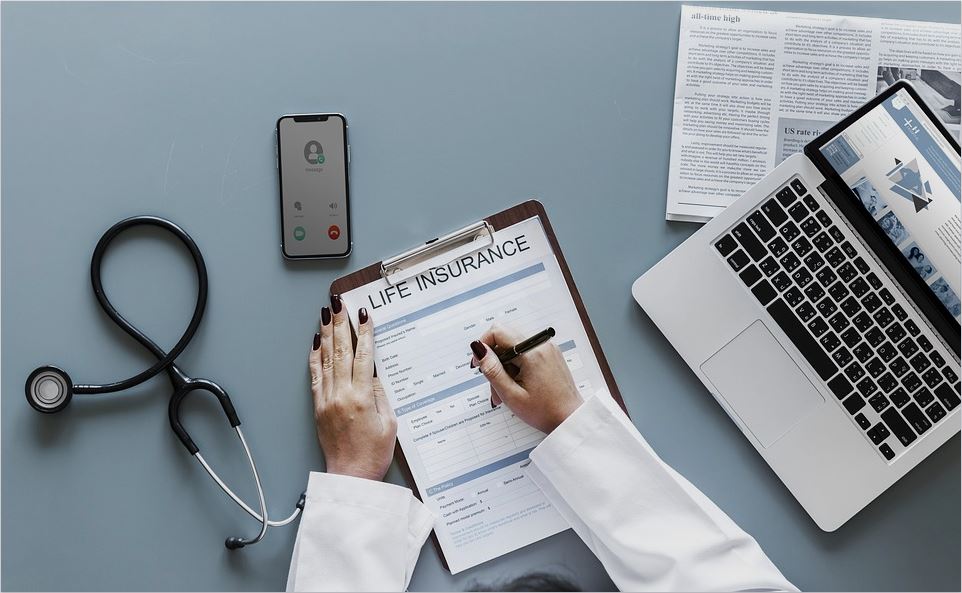You may be tempted to ignore a speeding ticket that you were issued, but doing so could have serious consequences. It’s advisable to pay your speeding ticket or try contesting it in traffic court as soon as possible so that you can avoid further legal ramifications. Here are some of the things that could happen if you don’t pay your speeding ticket.
License Suspension
Your license may be suspended if you don’t pay your citation before the deadline. Having a suspended license will make it impossible for you to drive legally and could result in your arrest if you’re stopped by the police while driving. While the ticket itself is considered to be just an infraction and won’t result in jail time, driving without a license is a misdemeanor and can be charged with jail time. According to DMV.org, many states specify a date when a license suspension will go into effect and will offer opportunities to resolve the ticket before the license is suspended officially. However, once that date is past, you’ll have to pay the fine, then file for a whole new license (about $50 a card) if you want to get back on the road legally again.
A Warrant for Your Arrest
A court could issue a warrant for your arrest if you fail to pay a speeding ticket. As soon as you’re stopped by police, you’ll be taken into custody if you have an outstanding warrant on your record. The chances of having an arrest warrant issued for you go up if you have multiple unpaid citations. The costs of court fees and for hiring a criminal defense attorney are much more than the original cost of the tickets. On top of that, the details of your arrest will become part of the court record and may come up in future background checks along with the initial ticket itself.
Increased Fines
Ignoring a ticket will likely result in fine increases that might cause you major financial hardship. Your fine could possibly double if you miss the payment deadline. You’ll also likely have to pay late fees the longer you delay paying your ticket. In addition to increasing the amount that you owe, the court may turn you over to a collection agency, which could incur more fees and be detrimental to your credit. Unfortunately, some people simply don’t have the funds to pay for the initial ticket, let alone the late fees later on. Thankfully, California is working to fix that with a traffic ticket amnesty program that will hopefully catch on soon to other states. In the meantime, if you don’t live in California, then it’s best to work with the courts to figure out a payment program that will allow you to pay the fine affordably while still keeping your license.
Insurance Becomes Costlier
Most insurance companies increase their premiums for drivers who have unpaid citations on their records. The reason why insurance providers do this is because people who don’t pay their traffic tickets are considered to be high-risk drivers. If you try to change insurance companies to avoid paying the higher rate, the new carrier will be able to pull your driving record and could possibly charge you an even higher premium.
Trying to skip out on paying a speeding ticket will likely result in grave consequences that negatively affect your life in many ways. Even if it feels like you’re saving money, the end result comes to much more than any traffic infraction alone could have caused had you paid it on time. The best thing to do when you’re issued a citation is to pay or contest it in court quickly so that you can move on without the consequences of the court following you after.





